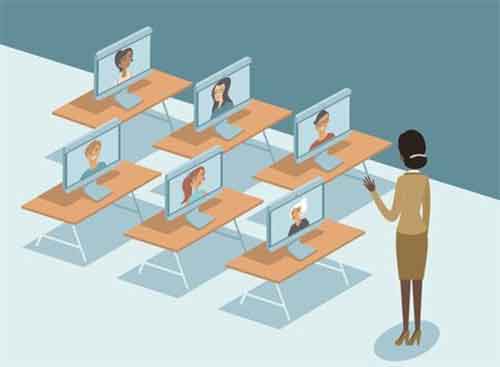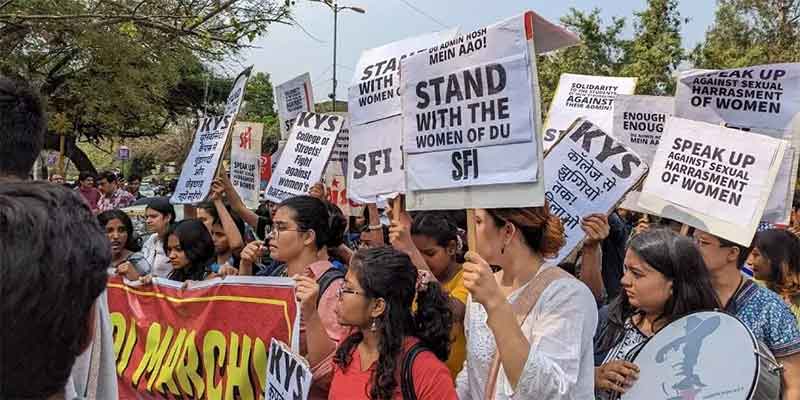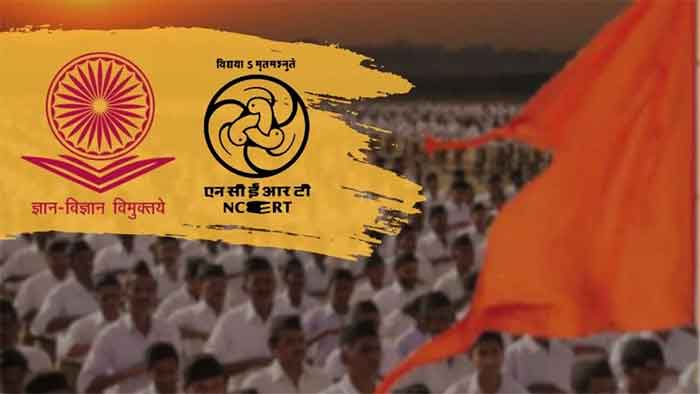
Special spittoons… “not to spit inside public buildings or outdoor spaces”…was never been the regular behavior of an American until the War on Tuberculosis impacted the community at the end of 19th century. Crisis always stimuli actions and responses, it alters society not sometimes but often for its good by creating better habits and practices. Many infrastructural developments and healthy behaviors we are seeing today are the result of past campaigns and restrictions imposed in response to devastating outbreaks. Impact of diseases always extends beyond the moment in which they occur.
Due to COVID – 19 emergencies a large number of children in many countries have been affected by school closures and the number is growing by the day. So calling this pandemic the humanity’s biggest health crisis alone is not sufficient. Besides health crisis, it is rapidly becoming an economic crisis and its aftermath can make it an educational crisis too.
According to UNESCO, these nationwide closures are impacting over 91% of the world’s student population. This disruption in education by school closure even if it is temporary will cause high social and economic costs to the countries especially those already having high percentage of vulnerable population. Today the world is having more than 70 million vulnerable people, which includes internally displaced, refugees and migrants. As per many researches including a report of UN – Habitat 2016, growing urbanization which encompasses 55% of world’s population, has not provided ideal condition for overcoming poverty which restricts poor to exercise their rights including educational one. Though most extreme educational deprivation was observed in African and Asian slums but social deprivation was also reported among urban poor’s living in highly developed countries such as Boston (USA) and Birmingham (UK). Researches proved the poor heterogeneous conditions of urban poor which restricts them to reach to the satisfactory level of well-being.
In countries where educational policies were introduced to improve school progression and reduce the number of drop outs, where lack of parents will in addition to poverty and accessibility plays a major role in dropping out of school, where even after education became fundamental right a number of social outreach programs are still operational to revolutionize the primary education. What should we be worried most about in the crisis that might have an immediate impact on children? And the answer is a long period of disengagement from school. Especially for children living in shelters, camps or who are internally displaced, school closures will be most upsetting as they are already at a disadvantage. However this disengagement proved to be the best solution to combat the crisis at the moment but we should remember that a long period of disengagement from school could result in a further increase and exaggerating the problem of further dropout and learning losses. It can be expected that some children will never return to the classroom after schools reopened. Others can have fallen far behind in learning. Though health and intensive care needed during COVID 19 pandemic is the current priority of the government indeed it should be but what is potentially can be one of the greatest threats in the lifetime of education would be occurrence of a gigantic educational crisis without a parallel in history. Alongside Covid-19, the education system will surely need a great help to rebuild and support to encourage children to go back to school after the outbreak. So planning for recovery efforts based on the learning’s of impact of previous health emergencies on education just like most recent Ebola outbreak can proved to be helpful. It won’t be a surprise if it will help in reducing the aftermath effect of this virus on child’s schooling and learning.
Recovery Efforts –
Many countries had already moved to online learning platforms for conducting classes but transition to this platform won’t be easy for countries already having low learning outcomes, high dropout rates and low resilience to shock. This transition to digital learning will be especially challenging within these countries. We should think about it, that relying exclusively on online strategies would imply reaching only children from well-off families and it will only exposes the country’s deep digital divide. In poorer families, the situation is very mixed, may be all of them must have smart phones and televisions but expecting them having iCloud, zoom, Moodle or some more fancy applications is still a question. Many children still do not have a desk, books, Internet connectivity, a laptop at home, or supportive parents. If we do not act appropriately, the vast inequality of opportunities will be amplified. Government should focus on Remote learning strategies rather than only on online strategies with the objective of reaching as many students as possible. In contexts where digital solutions are less accessible, Government should consider low-tech approaches.
Radio and Television were always used as a medium of instruction in past thus they can be proved as very powerful tools. Government can provide resources such as radios, textbooks, study guides and equipment to the poorest. Emergency Radio/TV Education program or Learning continuity programs could be broadcasted based on the primary and secondary school curricula in core subjects including Math, English and civic education. May be it will not work or proved to be a poor substitute for schools but it can solve the purpose of reaching to masses during the crisis.
The advantage we have today is that through social networks, whatsaspp or SMS, administrators can communicate effectively with parents and teachers and provide guidelines, instructions and structure to the learning process. Government should ensure time flexibility in the content delivery and allow self-paced learning so as not to prevent children who often shoulder the burden of care and responsibility at their homes. This can be accompanied through free call-in numbers for asking questions, or through establishing a remote tutoring by involving large number of government schoolteachers.
School closures will result in slower learning progress. The poorest children are likely to fall further behind their richer peers. There are possibilities that these children might have forgotten everything they have learned at school before corona crisis. To compensate the lost learning accelerated syllabus can be designed in advance focusing on core subjects like reading, writing and arithmetic. Large-scale assessment strategies can be planned in advance that can identify learning gaps and inform remedial programming. Catch up courses should be planned so as to provide learning opportunities to these children as soon as they are back to school so that they can catch up to grade level rapidly.
Training Modules for teachers / volunteers should be designed in advance for –sensitizing community about continuation of education, Learning progress tracking, assuring students re-entry in the schools, adoption of flexible learning approaches so that the children will not deterred from returning to school when they re-open, developing low cost and low-tech reading and writing material, providing psychological support sessions to students and parents.
It might happen that this vulnerable group of children suffers from stress, stigma and isolation. Life will definitely return to normal but pre-planned recovery efforts can offer a number of opportunities to “build back better” from curriculum to providing support to the neediest pupils or we should wait as what this COVID crisis will reveal about our education system?
Dr. Gunjan Rajput, Head, School of Education, Glocal University , Saharanpur, Uttar Pradesh
SIGN UP FOR COUNTERCURRENTS DAILY NEWS LETTER
















































